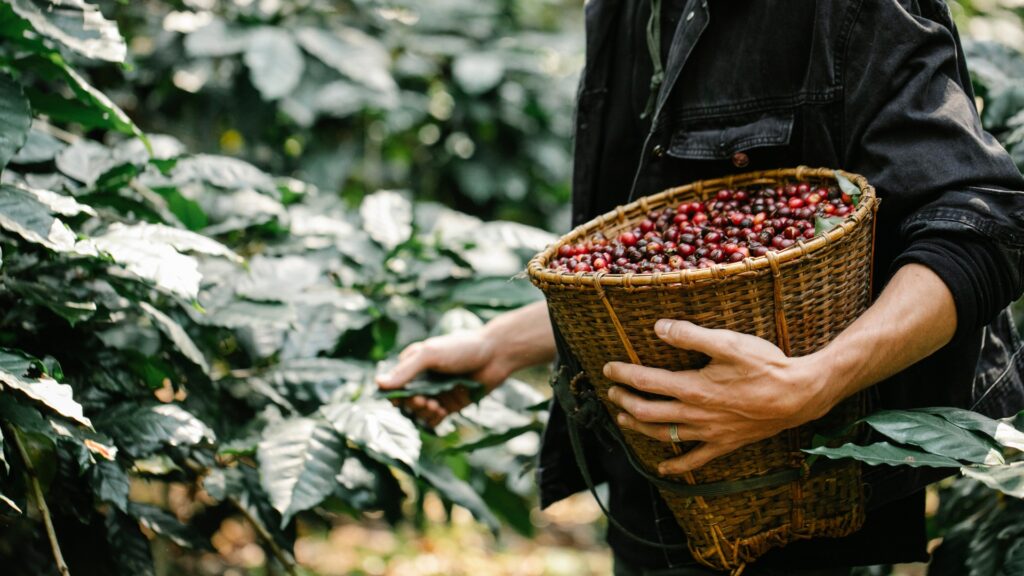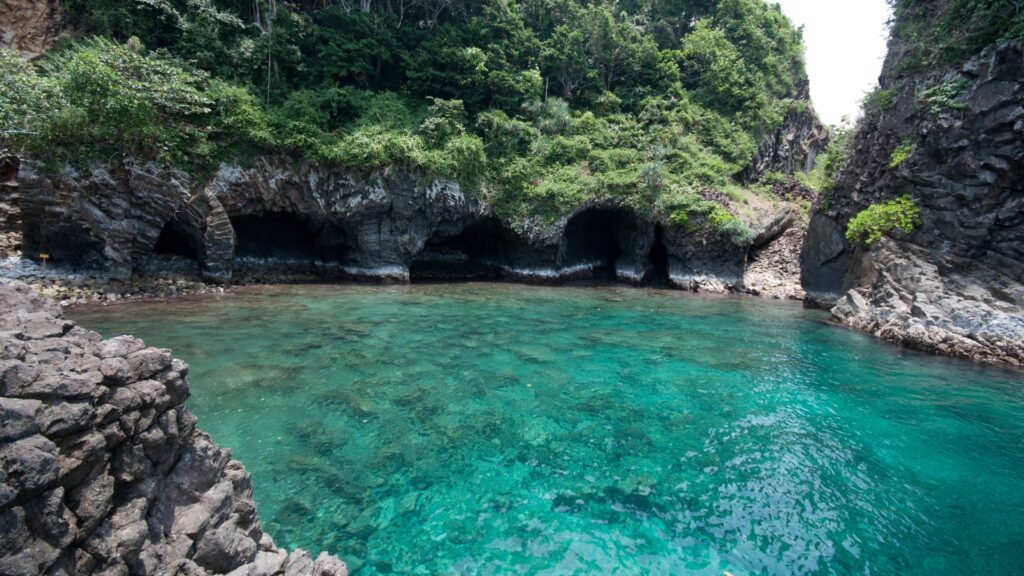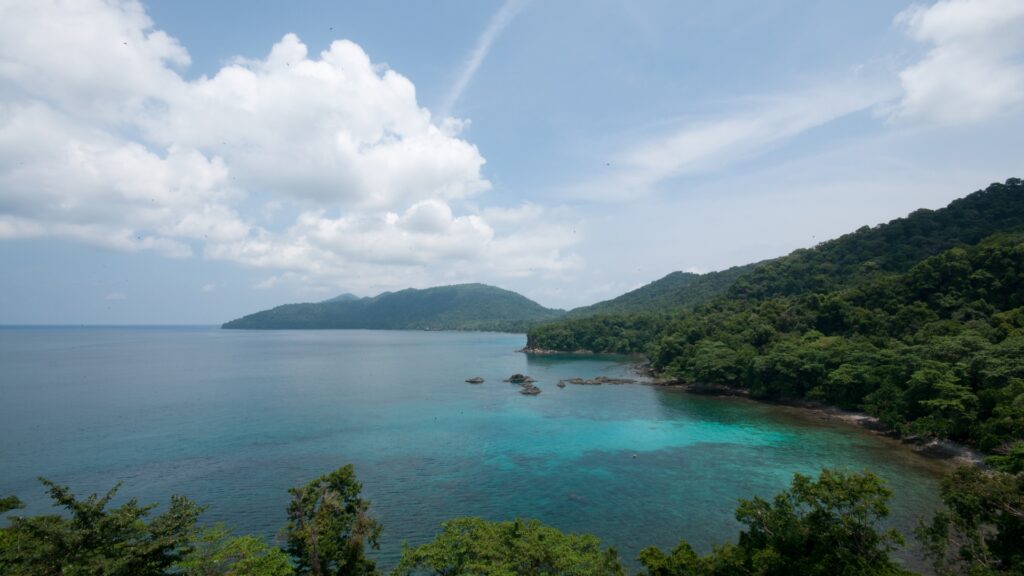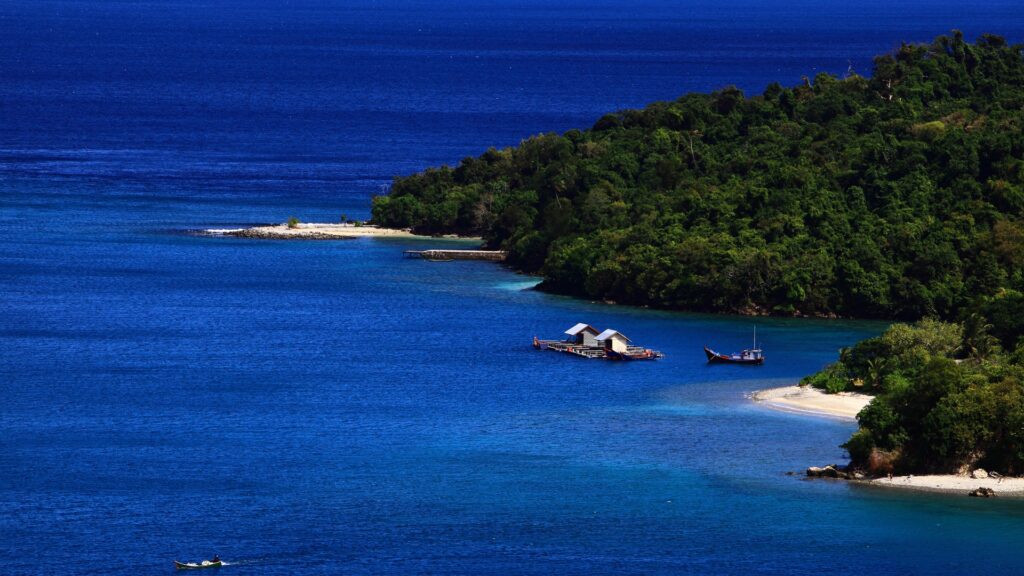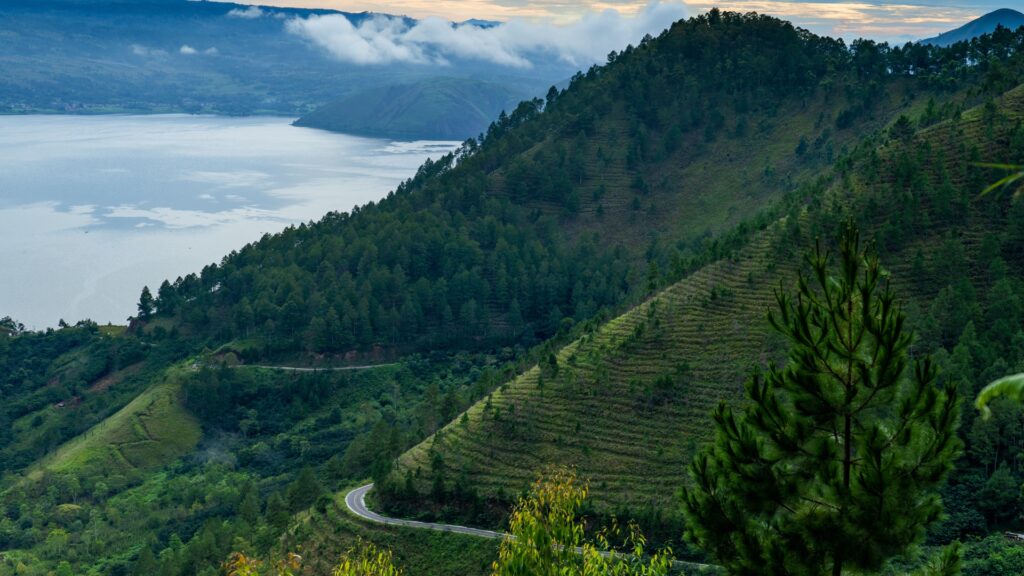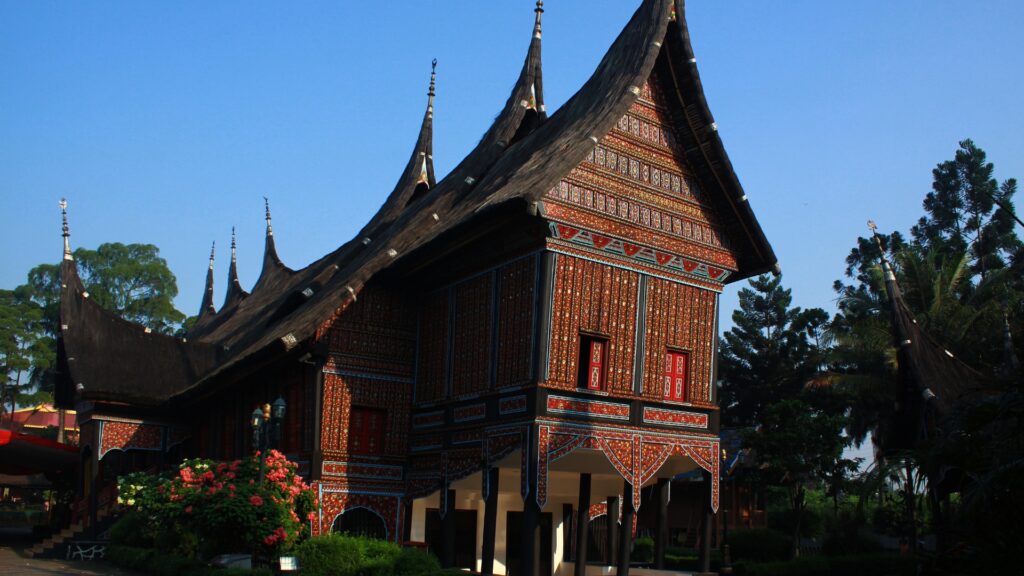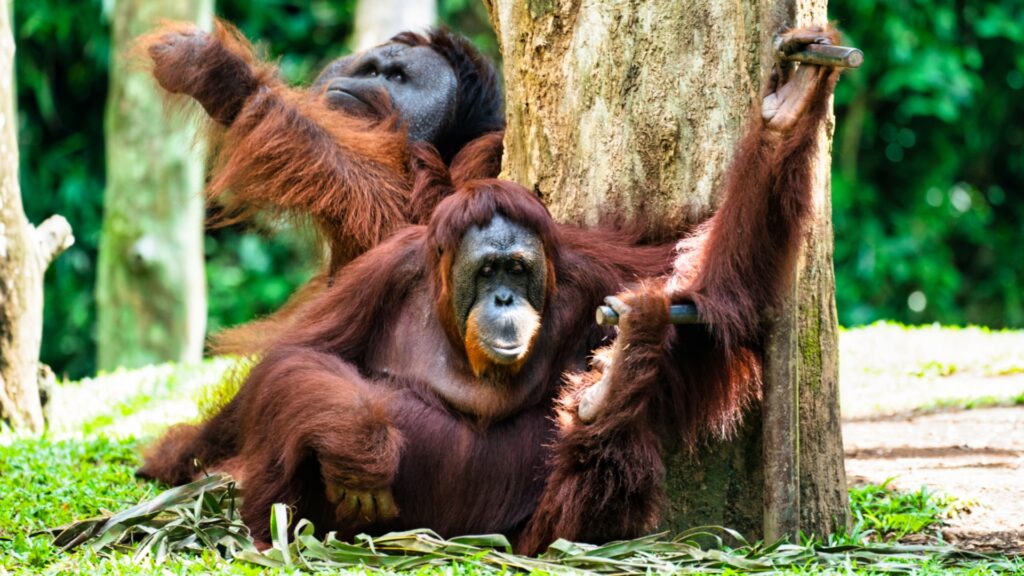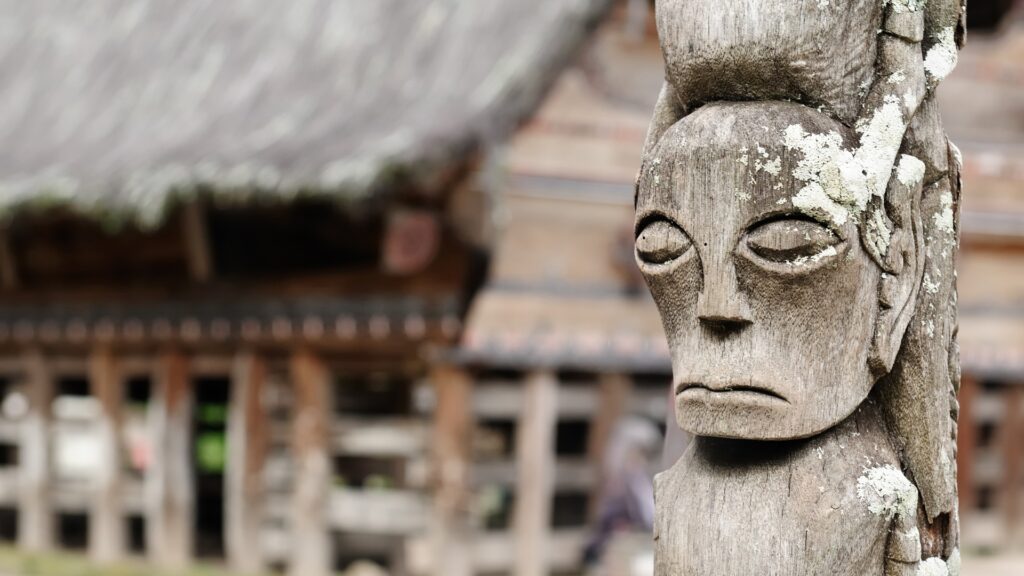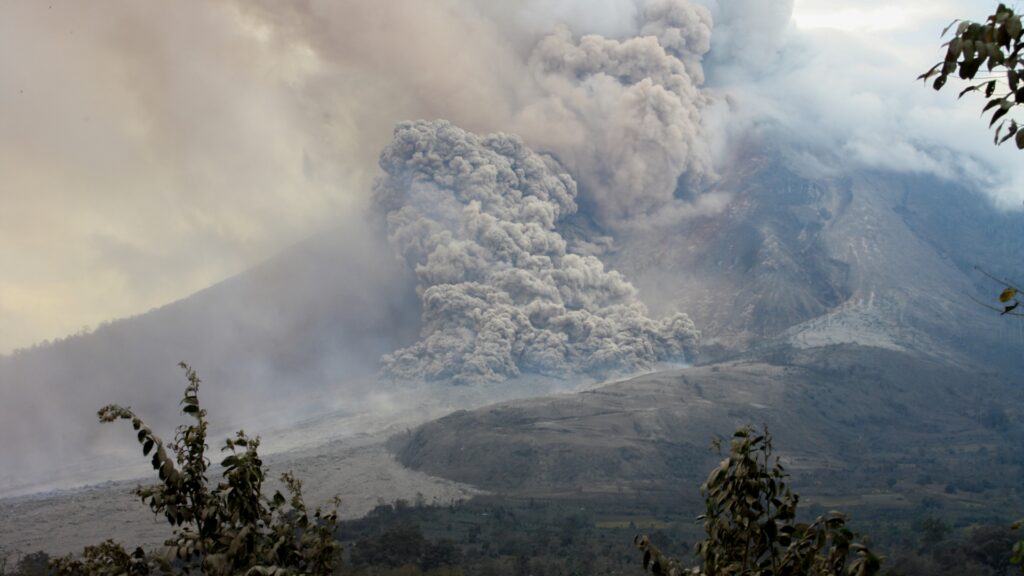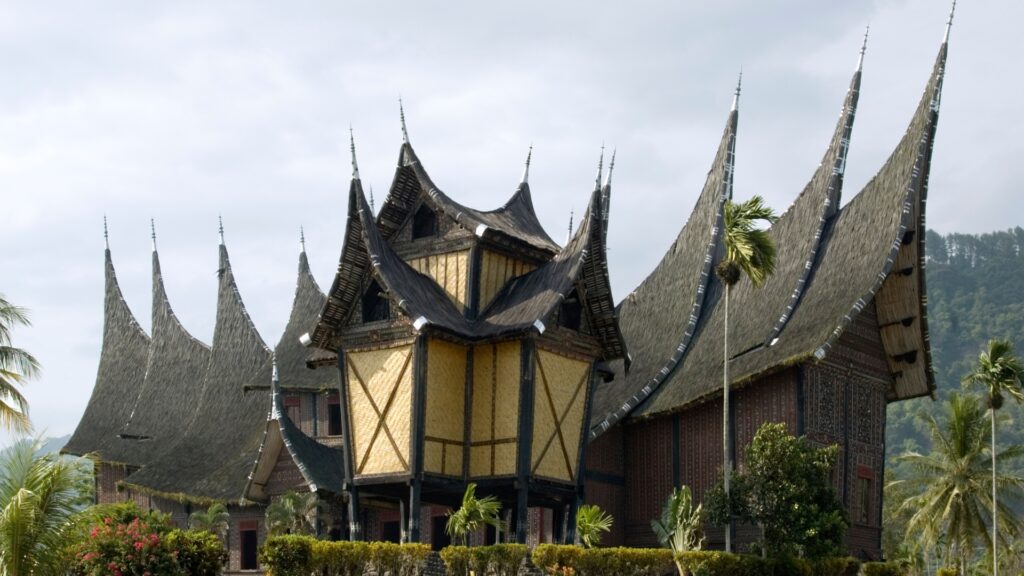
North Sumatra, an expansive region spanning over 72,981 square kilometers, is also known as the “Island of Gold.” It boasts a varied landscape, including low plains, dense jungles, smoking volcanoes, towering mountain ranges, incredible wildlife, and endemic flora and fauna, as well as picturesque islands and large rivers.
The area is a melting pot of cultures, religions, and culinary experiences, making it a feast for the senses. Visitors can embark on treks in search of orangutans, climb mountains, visit volcanoes, or retreat to idyllic deserted beaches in search of world-renowned surf. The region comprises five island groups, including Hinako Islands, Nias, and Telos, all of which are renowned for their excellent surf and stunning beaches. Weh and Nasi, the northern islands, offer spectacular diving experiences.
Onshore in North Sumatra lies a true adventure. The massive crater lake of Toba, which almost destroyed mankind in its ancient volcanic eruption, now offers a beautiful and vast lake of over 1,145 km2 and depths of 450 meters. The idyllic island of Samosir, laying in this middle of this caldera lake is ripe for exploration and relaxation. The area is home to the Batak indigenous group, known for their fiery and flavorful cuisine and unique architecture. Additionally, the region boasts the large Sipiso Piso waterfall.
Gunung Leuser National Park is a premier national park, housing an incredibly diverse array of animals within its dense tropical rainforest, including Sumatra Tigers and Elephants, tapirs, rhinos, orangutans, and a vast array of monkeys, including the rare Thomas leaf monkey.
Flora, such as the rafflesia flower, the largest flower in the world, can also be seen here. Weh Island and its surrounding islands, located on the far north tip of Sumatra, is a stunning island with excellent diving and laid-back beach vibes. As an international clearance port and a few nights’ sail from Phuket, it is a popular first or last stop for yachts.
North Sumatra is one of Indonesia’s wealthiest provinces, accounting for 30% of the commodities leaving the country, and attracting visitors for its rich flora and fauna, tropical panoramas, rice fields, white sandy beaches, and lush rainforest areas teeming with wildlife. Sumatra is famous for its coffee, gold, minerals, valleys, waterfalls, lush rainforests, diverse ethnicities, and landscapes, making it truly a gem to behold.
